When Jacqueline L. left an unopened bottle of wine in her car overnight a couple years ago, it never occurred to her that it would be a problem. So when the Los Angeles resident returned to her car the next afternoon, she was shocked at what she found: Extreme heat had forced out the cork, and wine had spilled out all over. “My back seat smelled like wine for a week,” she says.
Extreme temperatures can do more than pop corks—all sorts of items may be at risk when left in the heat or the cold. And it can happen fast: According to the National Highway Traffic Safety Administration, the temperature inside your car can rise by as much as 20 degrees in just 10 minutes. After an hour, it can hit a whopping 140 degrees on a 95-degree day, according to the American Veterinary Medical Association. That can be dangerous for children and pets, of course, but it can also cause problems with everything from food to flammable items.
Some items, like spoiled food, can be harmful to us. Others can result in a car that’s smelly and messy, which (besides the obvious annoyance) could affect its resale value, says Shelia Dunn, the communications director at the National Motorists Association. While you may need some car-cleaning hacks no matter how careful you are, it’s good to try to keep your car neat. “Every time you get out of the car, empty out the trash,” says Dunn, “especially after long trips.”
Here’s what to watch out for.
Food & Drink
A bottle of wine sealed with a cork is just the beginning. Cans of soda, for example, can be problematic in either hot or cold cars. And, says Dunn, don’t neglect items like candy bars or ice cream, which can quickly melt in the heat and make a mess. But it’s not just your car’s upholstery that’s at risk. According to the FDA, bacteria that can cause food-borne illnesses double every 20 minutes, even at room temperature. So don’t leave groceries or leftovers in a warm car for more than two hours, or only an hour when it’s over 90 degrees.
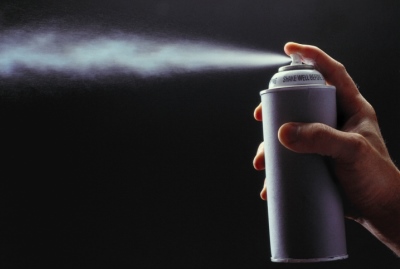
Aerosol Cans
Look on the side of that can of hairspray, deodorant, spray paint and the like, and you’ll probably see a storage temperature recommendation. That’s because pressurized cans are particularly sensitive; outside of that temperature zone, the contents may expand, which could cause the can to crack or explode.
Sunscreen
Tossing a tube of sunscreen in your bag is always a smart idea, but be wary of leaving the bottle in your vehicle; exposing sunscreen to high temperatures can shorten its shelf life, says the Centers for Disease Control (CDC). Besides losing efficacy, your protective SPFs may end up a big smelly mess, if the heat blows the cap open.
Lighters
Lighters may be tiny, but they can pack a punch when overheated. The flammable fuel inside these little plastic tubes can expand and breach the lighter casing when exposed to high heat, creating a fire hazard. Whether the heat in the car will cause combustion is a subject of debate, but why take chances? In general, “it’s important not to keep flammable liquids in your car, especially in summer,” Dunn says.
Plastic Bottles
In a much-shared video from Idaho Power, a clear plastic bottle of water magnifies the sun’s rays and starts to light a car seat on fire. But the greater risk may come from bisphenol A (BPA), a potentially harmful compound found in most clear plastics. The FDA maintains that BPA is safe at current levels of exposure in foods. However, studies have shown an increased release of BPA from plastics at higher temperature, so don’t take the chance of adding more of this chemical to your beverage.
Batteries
 Battery manufacturers recommend against leaving their products in high temperatures, which can lead not only to a loss of capacity, but also to leakage or rupture as well. And that can be bad news for your health and your car’s interior, as battery acid is dangerous when inhaled and highly corrosive, according to the CDC division that oversees toxic substances. The smart move is to keep things with any acidity away from your car’s console and interior.
Battery manufacturers recommend against leaving their products in high temperatures, which can lead not only to a loss of capacity, but also to leakage or rupture as well. And that can be bad news for your health and your car’s interior, as battery acid is dangerous when inhaled and highly corrosive, according to the CDC division that oversees toxic substances. The smart move is to keep things with any acidity away from your car’s console and interior.
Electronics
You’d never dream of leaving home without your smartphone, so why risk leaving it in a hot car? Many phone manufacturers list optimal temperature windows and specifically warn against leaving your device in your car, where it might shut down or start to suffer damage.
And of course, NEVER leave children or animals alone in your car, even for a few minutes. (Here’s why.)
By Nicole Price Fasig

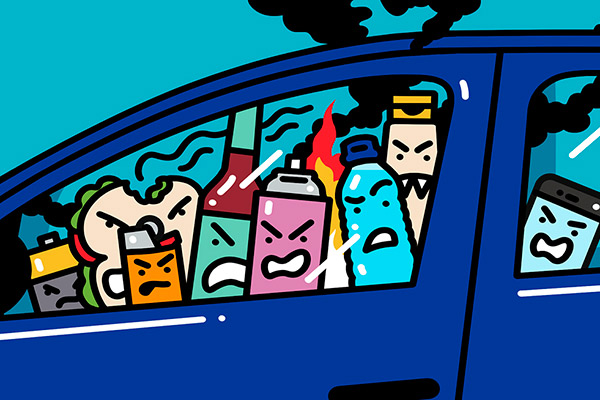


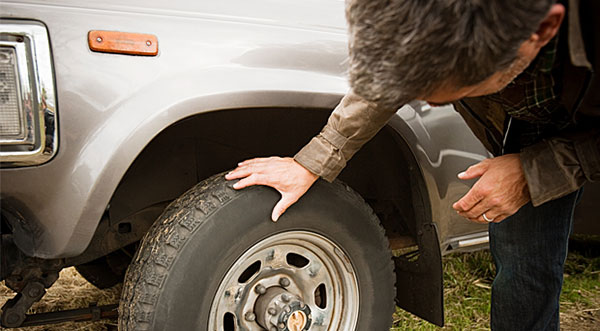
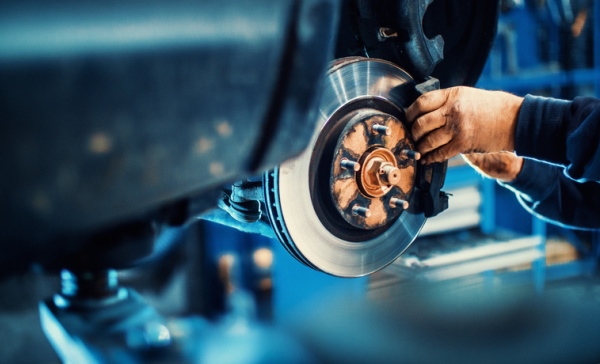
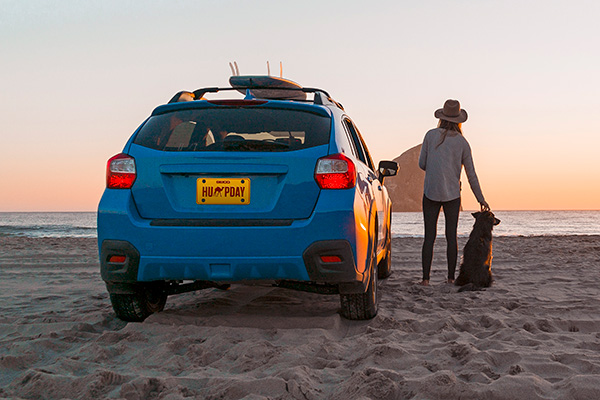
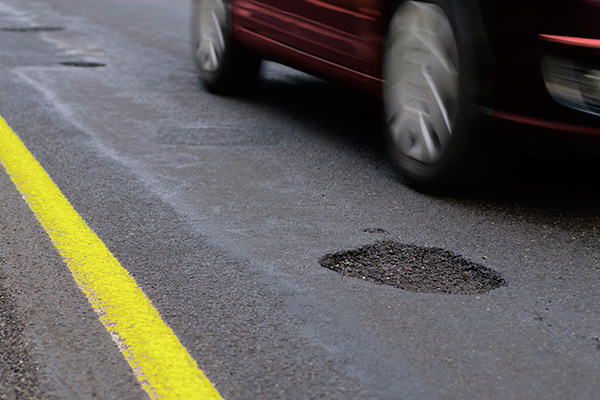

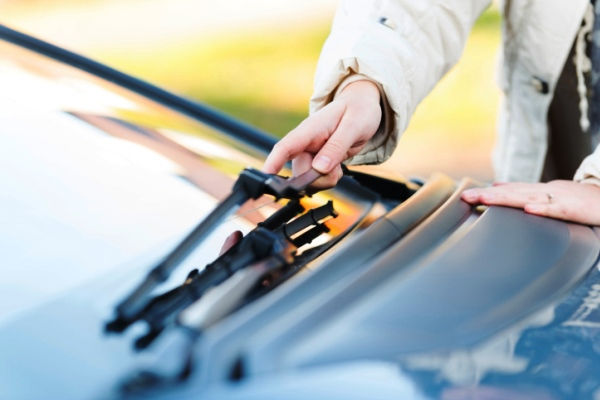
Jill W. says,
Do travel pillows with memory foam get ruined in a hot car?
Peter ferry says,
I have got a new thing to learn about this article. Thank you for sharing the information.
lenora potts says,
thanks for the tips about rodents. i do not drive much,so,now i will move my car around each day. also,have a habit of leaving water in the car,will keep that in mind as well as potato chips i always have in the car. i appreciate these tips. keep them coming. lee potts
titus says,
Thanks For sharing your good information
Janet says,
Can I leave toilet paper for a week in the trunk of my car on hot days,will it catch on fire